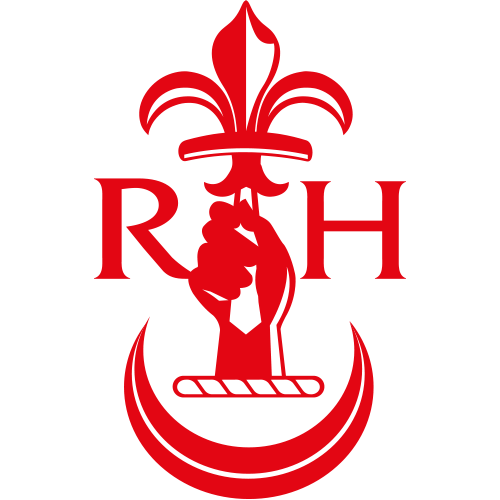Physics
Staff
Head of Department
Miss L Colgan
Subject Teachers
Mrs S Kennoway
Mrs J Moore
Miss S Ritchie (SENCO)
Miss L Dougan
Technician
Mr N Lazarescu
Aims
In accordance with the Northern Ireland Curriculum, the Physics Department aims to:
provide a relevant and enjoyable educational experience
develop safe practical skills in Physics
develop communication and problem solving skills
enable pupils to interpret, organise and evaluate numeric data
promote an understanding of the relevance of Physics in modern society
develop skills in mathematics and the use of technology in scientific contexts
Key Stage 3
Physics is taught as a separate subject in Years 8 to 10. Pupils have two periods of Physics a week.
Year 8
Safety/What is Physics?
Energy types
Heat and temperature
Forces
Heat transfer
Energy resources
Year 9
Waves
Sound
Static electricity
Circuits
Astronomy
Year 10
Light, reflection and refraction
Turning moments and levers
Magnetism
Motion
Colour
GCSE
Pupils study the CCEA GCSE Physics specification. Physics is taught in KS4 as separate GCSE Physics. Students have four or five periods per week in year 11 and 12.
The Specification consists of three units:
Unit 1: Motion, Force, Moments, Energy, Density, Kinetic Theory, Radioactivity, Nuclear Fission and Fusion
Unit 2: Waves, Light, Electricity, Magnetism, Electromagnetism and Space Physics
Unit 3: Practical skills
Units 1 and 2 are externally assessed written examinations consisting of a number of compulsory structured questions that provide opportunities for short answers, extended writing and calculations. Unit 3 includes two assessments. For Booklet A, students carry out two practical tasks in the laboratory under exam conditions. Booklet B is a written practical theory exam, with questions based on any of the nine prescribed practical tasks from the specification.
A Level
Pupils study the CCEA GSE Physics specification. Pupils study for an AS award from CCEA in Year 13 and may proceed to A2 in Year 14.
AS Physics
The CCEA AS specification contains three modules:
AS1 - Forces, Energy and Electricity
AS2 - Waves, Photons and Astronomy
AS3 - Practical techniques and Data Analysis
A2 Physics
The CCEA A2 specification contains three modules:
A21 - Deformation of Solids, Thermal Physics, Circular Motion, Oscillations and Atomic and Nuclear Physics
A22 - Fields, Capacitors and Particle Physics
A23 - Practical techniques and Data Analysis
Careers
Through studying physics, students develop new ways of looking at the world and new thinking skills. These thinking skills can be applied to many other disciplines. Students who study physics have great job prospects and end up in all sorts of interesting jobs because of their broad training and adaptability.
Many students with physics qualifications go on to have successful careers in the space and/or aerospace industries, medicine, technology, engineering, research and development, the stock market, transport, teaching and/or IT and software industries.
